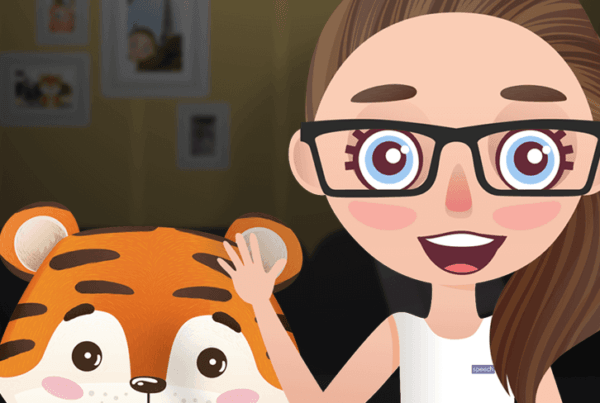Essentially, childhood speech and language development is dependent on interaction. If children aren’t hearing, or their hearing is reduced, they will have limited exposure to adult modelling of appropriate speech and language forms through their interactions.
Ear infections can cause significant discomfort for little ones. Often leading to inflammation, pain and general fatigue, they are one element of childhood that we would all prefer to avoid. Unfortunately, ear infections, whether they present with significant symptoms or not, can impact a child’s development in a more ongoing way. Ear infections have the capacity to block the ear canal and by doing so, can limit how much your child can hear. While this may only last for a short duration, ongoing hearing reductions can have serious impacts as hearing is critical for childhood speech and language development. Essentially, childhood speech and language development is dependent upon interaction. If children aren’t hearing, or their hearing is reduced, they will have limited exposure to adult modelling of appropriate speech and language forms through their interactions. In severe instances, they may struggle to hear most things, while in less serious instances, certain sounds with high frequencies or words that are said with less inflection may be missed. In either instance, both options lead to reduced quality of speech and language modelling for your child.
To try and minimise the impacts of blocked ears upon your little one’s speech and language development, continue to monitor their hearing. Do you they ask you to repeat your instructions? Will they consistently turn to their name? Have you seen them rubbing or clutching at their ears? Always remember that blocked ears can arise without significant symptoms. Continue monitoring your child’s listening abilities to be sure that you catch any hearing difficulties early on! A trip to the GP can put any fears or concerns that you may have to rest.



